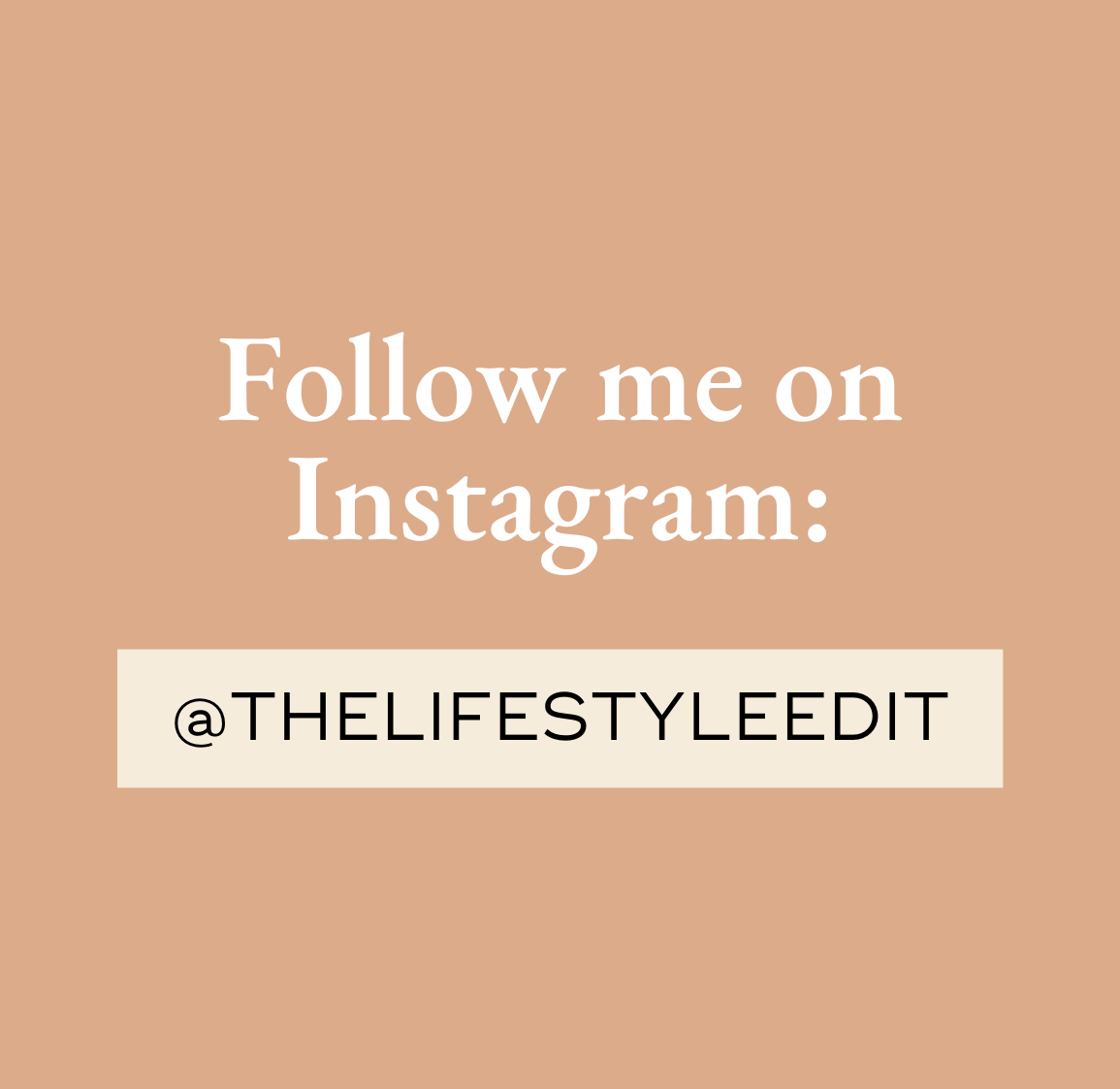Overcoming this helped me jump from $15k to 50k months.
I had something entirely different planned for today’s issue.
My plan was to walk you through what I consider to be amongst the biggest mistakes I made early on in my business; followed by a walkthrough of changes I’ve made over the years and how I’m approaching each of those areas now.
But as I was prepping, I realized that one of them deserved a bit more space to really deep dive into. And it’s about the relationship between both over and under thinking and our growth.

So first things first, overthinking is when we spend more time than is necessary thinking about or analyzing certain parts of our business.
We overthink our niche, our messaging, the software to use, who our ideal client is, what’s included in our offer, how to price our offer… and on and on.
And we either don’t allow ourselves to get to the point where we’ve made a decision – which leaves us in the uncomfortable limbo – or when we do make a decision, we leak energy revisiting it and questioning whether it was the right choice.
And that dynamic is thanks to the subconscious belief that we’re looping on that there’s a right way of doing things, which is why decisions in our businesses become so hard to make because we’re striving for the “right” ones.
In school, there were right or wrong answers. In business, the rules are different.
There are endless possibilities, many of which work.
It’s less about choosing the right thing, and more about making intentional decisions and trusting yourself to course correct when needed.
Does any of this ring true?
All of us have areas in our business that we tend to fall into overthinking.
And it makes sense when you break it down why.
We overthink because we’re afraid of getting things wrong.
It’s almost easier to distract ourselves by overthinking, over preparing and over researching than it is to take action and fully commit to something and then be disappointed and have our self-concept threatened.
Overthinking also allows us to have a sense of control; the idea being that the more we think about something, the more we can influence the outcome, and it feels good to be in hope and optimism in that way.
The problem with overthinking, though, is that it creates under actioning.
You don’t take action because you’re stuck intellectualizing.
And it slows our businesses down for a few reasons.
Firstly, it creates a gap between what you know intellectually and the evidence of that knowledge in your business.
You may have signed up to all of the courses and got coaching but have struggled to turn that into tangible results because you’re not making the decisions necessary to implement what you’ve learned.
When you’re stuck in overthinking, it also has the effect of slowing down your process of putting things out into the world.
Things take longer for you to ship out because you’re constantly nit picking, iterating and perfecting, which, rather than adding extra value, actually ends up draining you and robbing you from having the kind of feedback loop that strengthens your skills and moves the business forward.
Not to mention the emotional capacity to lead yourself through the discomfort that comes with putting yourself out there, trying new things and leaning to the edge of your comfort zone.
So that’s overthinking, which was a massive barrier for me in the early days, that I needed a ton of coaching and support to navigate.
On the other side of that is under-thinking, which is when we fail to give things enough thought, which is common at the start of our entrepreneurial journeys.
We act impulsively or based on “vibes”, without thinking things the whole way through.
Instead of looking at what comes naturally to us, what season we’re in and how we’re being led, we compare, look outwards and try to replicate and keep up with what everyone else is doing.
Instead of slowing down and getting a handle on what we’re working towards and what steps we need to prioritize to get ourselves there, we’re reactive and therefore lack direction.
Under-thinking can show up in practice in a ton of different ways.
For example, you may have a lot of different offers that operate in a vacuum.
They may cannibalize on each other or not make up a cohesive customer journey; or they may not make sense for the lifestyle you’re trying to create or the revenue goals you have.
Under-thinking may also leave you feeling like you’re working hard, but don’t have much to show for it, because everything feels disjointed or because, rather than having your efforts compounding, you feel like you’re perpetually starting from scratch and working uphill.
In that way, can you see that under-thinking actually causes over-actioning – and actioning that doesn’t support what you’re trying to build.
It’s one of the main reasons I hear people say they need breaks.
They want a break from their business, not because they desire a rest for rests-sake, but because their under-thinking is making them either question their ability to hit their goals, so they try to protect themselves by taking a step back; or the way they’re operating is unsustainable and therefore leading to burn out.
So before we go any further, do any of those feel true for you?
How is overthinking or under-thinking showing up in your business.
We can’t change what we don’t identify.
Realizing that I was overthinking and getting the support to feel safe to take more aligned action was one of the biggest energetic shifts that unlocked a massive financial uplevel for me.
It’s what allowed me to jump from around $15-20k months to $50k months.
I didn’t need more information – the problem was that I had too much.
What it did was allow me to remove my perfectionism handbrake and stop procasti-working so I could begin executing on what I already knew and learned from earlier investments.
That income shift was six or seven years ago and financially I haven’t looked back since and that lesson continues to serve me now.
This all feels top of mind to me, as I’m coming towards the tail end of my June – August break from work.
When I imagined what my business would look like all those years ago, my vision for growth was that I had a really well managed business that allowed me to take breaks and live and rest really well, knowing that there was no fires to be fought because of the systems and operations in place to keep my business well managed without me.
The reason that is now my reality is down to understanding the practical side and the energetics of deep work and deep rest.
Half of my time is spent doing really high quality work.
I’m slowing down to speed up.
I’m looking at where I want the business to go in order to set strategic priorities for the moment.
I’m looking at the data, I’m analyzing where we’re tracking and I’m going deep on our needle drivers.
During this time, I’m challenging my brain to problem solve and am operating at max mental capacity and at the top of what I’m capable of.
The other half of my time is spent resting and enjoying and doing that really well.
High quality thinking and actioning AND high quality rest and downtime requires work and a lot of re-coding.
We have to learn how to shift from under and over thinking to produce better results but we also need to learn how to then down-regulate and relax so that we can actually enjoy the fruits of that work.
These past two months have been so restorative that I feel ready and inspired to come back to my normal work schedule in September.

Over the years, I’ve learnt how to rest without having my brain spinning due to past under-thinking.
Making smart decisions and taking strategic action means my brain can be where my feet are because I’m no longer trying to solve problems and thinking about work when I’m supposed to be resting.
This is a lot of the work we do inside Life-First Business, and my continuation membership for alumni called Traction.
The program breaks down exactly what you need to focus on at the stage you’re in.
I walk you through the decisions you need to make and arm you with what you need to know to make the right decisions for you, so you’re not under-thinking and then active reactively.
I then lead you through the exact steps to enable you to follow through and lead yourself so that you’re removing the perfectionism handbrake and that tendency to overthink and stall your progress.
What’s been so rewarding this summer is watching my clients enjoy themselves while embracing a slower pace and accumulating more energy that’s going to give them the capacity to blow things out of the water in Q4.
They’re traveling, spending quality time with their kiddos during the summer break, moving cities and doing things that light them up, while they maintain the same results or more with a reduced capacity by prioritizing the essentials.
It’s all down to the deep, focused work they’ve put in ahead of time.
Because when you work your plan and know how to manage your mind, it’s a lot easier to not fall into mental drama when you’re off.

And that’s why it’s invaluable to not just get coached on what to do and how to see things through but to also how to switch your brain off and discern what’s essential and what’s not during intentional slower periods.
Being supported around both is what allows you to be an essentialist and do what needs to be done when you’re taking a step back and spend the rest of the time in sufficiency, building your capacity to apply yourself again.

I’ve created a few free resources that can help you get started with this.
The first is our Growth Scale Quiz.
Plug in some information to give me a gauge of where your business currently is, and your results will show you exactly where you land on our growth scale, and what to prioritize, so you’re not overwhelmed with options and instead, know exactly where to focus to move the stage you’re in to the next. Less but better style.
Next is our strategic planning mini masterclass.
It’s super short but potent and walks you through how to come up with quarterly projects that drive things forward.
Again, quality action-take over quantity.






